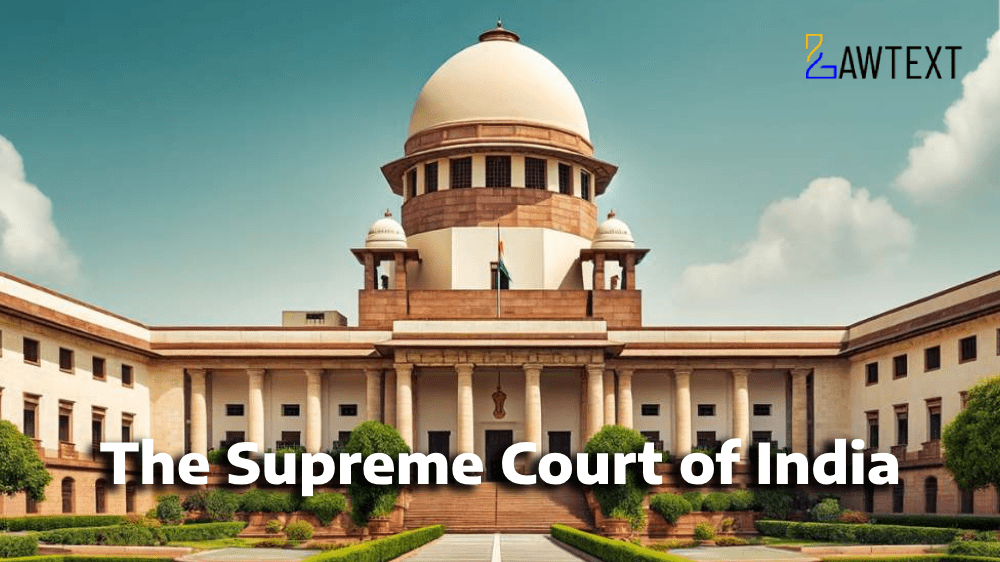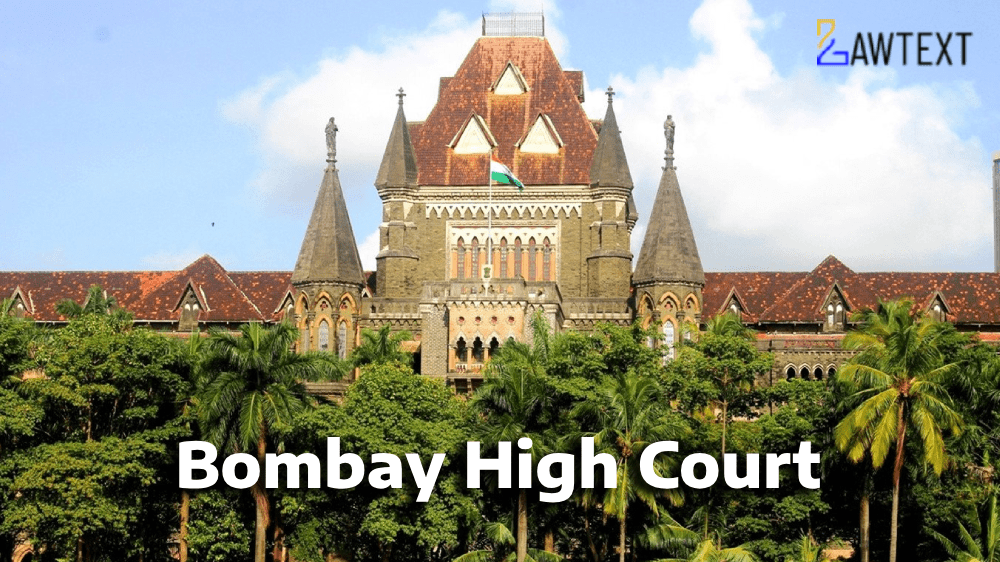Case Note & Summary
This appeal, filed by Arvind Kejriwal, challenges the legality of his arrest by the Directorate of Enforcement (DoE) under Section 19 of the Prevention of Money Laundering Act (PML Act). The arrest was based on allegations linked to a criminal conspiracy involving the Delhi excise policy. Kejriwal argues that his arrest violates statutory safeguards and constitutional provisions, particularly focusing on the necessity for the DoE to have "reasons to believe" in his guilt, which must be recorded in writing. The appeal also highlights the importance of judicial review in ensuring arrests are not arbitrary and adhere to statutory and constitutional standards. Judicial interpretations emphasize the high threshold of safeguards required under the PML Act compared to general criminal procedure laws.
Judicial Review of Subjective Opinions
Subjective Opinion and Judicial Review: Courts should not question the correctness of facts found unless unsupported by evidence or extremely perverse. Reasonable Nexus and Logical Conclusions: Courts can interfere if facts don't reasonably connect to the purpose of power exercise. Jurisdictional Review and Errors of Law: Judicial review is allowed for misapplication of constitutional or statutory terms. Improper Exercise of Power: Review is permissible to check if power is exercised for avoiding embarrassment or personal vengeance. Relevant and Irrelevant Grounds: Authorities must consider relevant grounds and disregard irrelevant ones.Decision-Making Process Errors
Errors Leading to Invalid Decisions: Errors can invalidate decisions, especially under Section 19(1) of the PML Act. Scrutiny of Arrest Orders: Arrest orders require careful scrutiny due to the serious nature of deprivation of liberty.Illegality in Decision-Making
Examining Illegality: Judicial review can examine illegality and extraneous considerations in decision-making. Application of Mind: Proper application of mind is essential to avoid judicial interference.Facts and Grounds for Arrest
Excise Policy and Corruption Allegations: Examination of facts in the excise policy case involving allegations of kickbacks and bribes. Material and Evidence: Discussion of material evidence supporting the charges.Arguments and Judicial Review Limitations
Arvind Kejriwal’s Case: Discussion of arguments raised by Arvind Kejriwal against his arrest and their merits. Bail Application Considerations: Arguments can be raised during bail hearings, which have a wider jurisdiction.Necessity to Arrest
Judicial Recognition of Necessity: The term "necessity to arrest" has judicial recognition and must be considered by officers. Supreme Court Observations: Various cases emphasize the cautious exercise of arrest powers to prevent harm to reputation and liberty.Compliance with Section 19(1) of PML Act
Satisfaction of Formal Parameters: Mere satisfaction of formal parameters is not enough; necessity and need for arrest must be justified. Additional Factors: Considerations beyond formal parameters are required, including the need for arrest to prevent further offences, tampering with evidence, or ensuring court presence.Enforcement Directorate's Submission
Non-Cooperation as Justification: DOE's justification for arrest based on non-cooperation and previous summons. Policy Formulation for Arrest: The need for consistent and uniform application of arrest policies by DOE.Principle of Proportionality
Proportionality in Arrests: The principle of proportionality requires a balance between individual rights and public interest. Test of Proportionality: A four-step test to assess the legitimacy, rational connection, minimal impairment, and balance of actions restricting fundamental rights. Conclusion:The importance of judicial scrutiny in the enforcement of arrests under the PML Act, highlighting the need for reasoned decisions based on material evidence and adherence to the principle of proportionality to safeguard fundamental rights.
Issue of Consideration: ARVIND KEJRIWAL VERSUS DIRECTORATE OF ENFORCEMENT
Premium Content
The Issue of Consideration is only available to subscribed members.
Subscribe Now to access critical case issues





